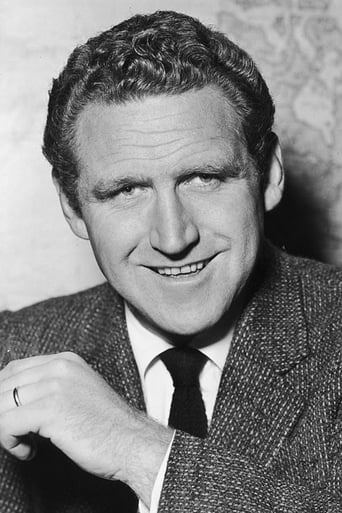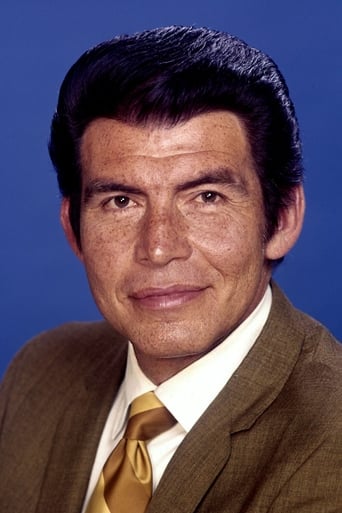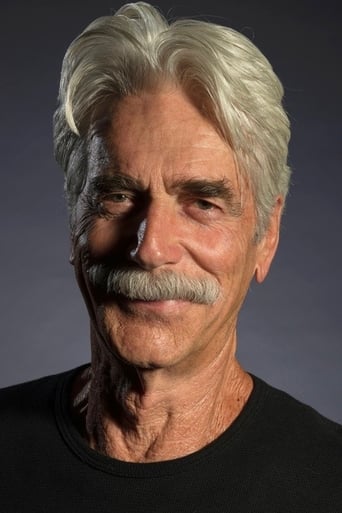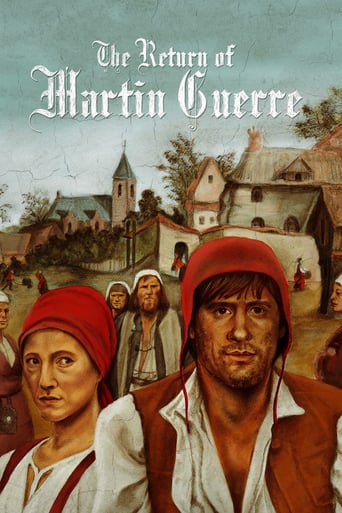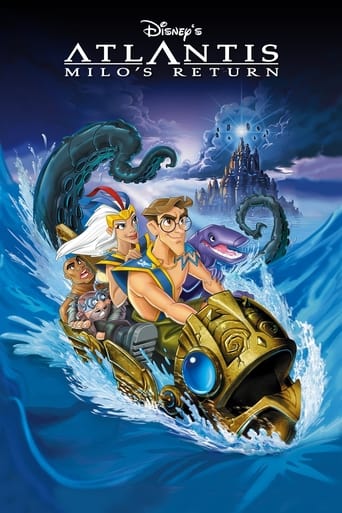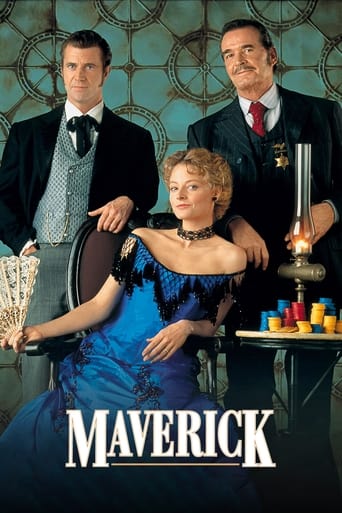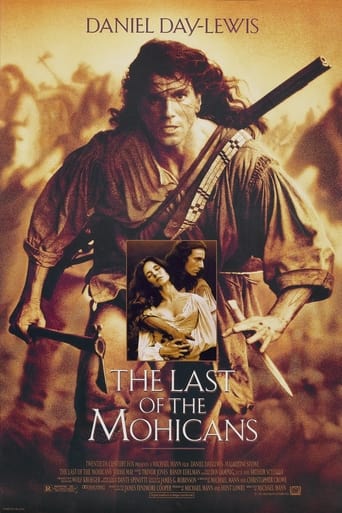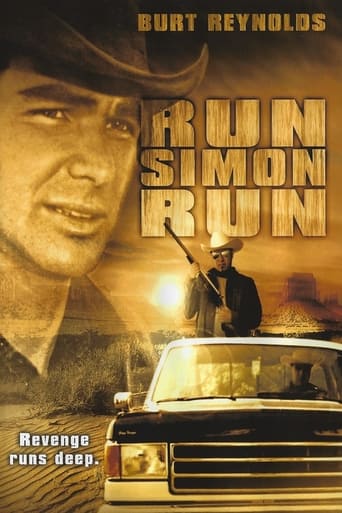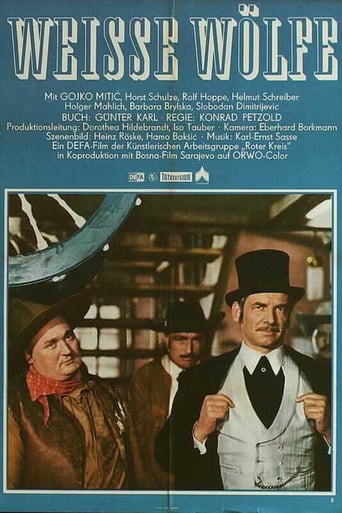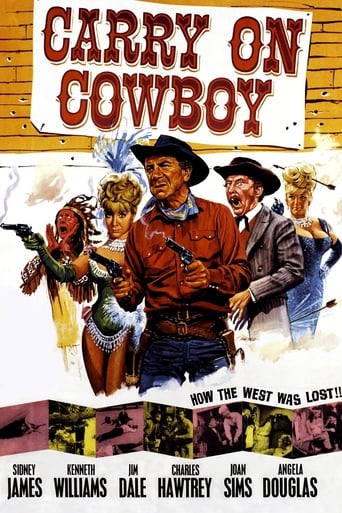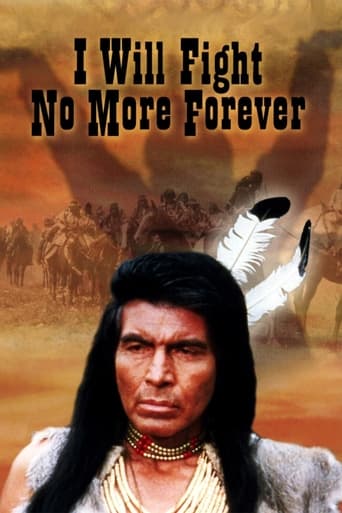
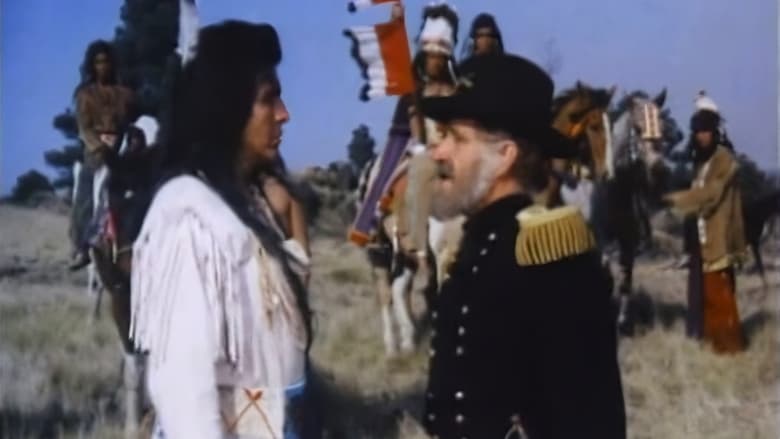
I Will Fight No More Forever (1975)
Pursued by 2,000 US soldiers and cavalry, Chief Joseph leads his tribe of 800 Nez Perce on a 1,700 mile journey across the West and towards Canada. Based on the true story of the westward expansion of the United States and the military force used to displace Native Americans from their lands.
Watch Trailer
Cast
Similar titles
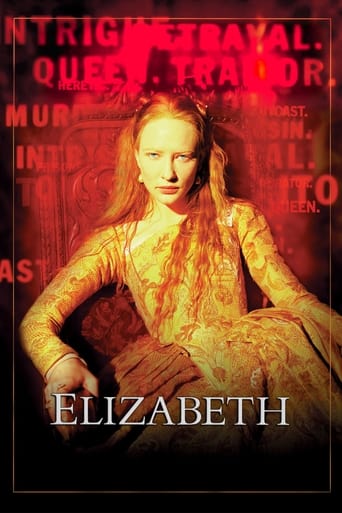
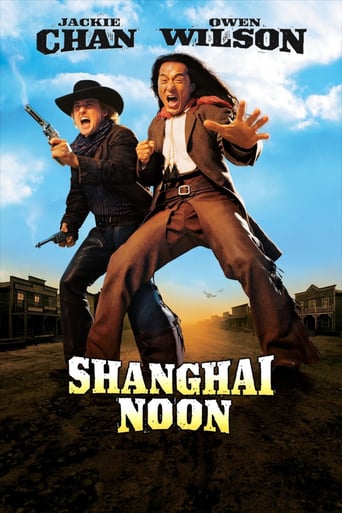
Reviews
The Worst Film Ever
Thanks for the memories!
People are voting emotionally.
i must have seen a different film!!
Having just purchased a home in the general area of Big Hole, I found myself becoming interested with this piece of American history. I've seen the documentary at the Big Hole State Park, read some of the different publications and as of now, I've seen this movie.Obviously the "Hollywood" production falls flat compared to facts and figures. However, I did find that this movie makes it's best effort to depict actual events and timing. I also think that considering the times (1975) that this effort is well worth watching. I'm no 70's movie buff but the effects and dialogue more than met my expectations. I think at the very least, this movie would hopefully motivate others to research the specific plight of this group of native Americans.At minimum, the Nez Perce fought 10+ battles while being chased by about 10 U.S. divisions and all this with only around 100 warriors. They traveled 1300+ miles in about 108 days (over 12 miles per day) before chief Joseph's famous speech. This also marked the last of the big battles between the U.S. government and the Indian tribes.
This is a great rendition of the true story of the noble-yet-futile struggle of Chief Joseph and the Nez Perce to retain their independence and tribal life. At one poignant moment, General Howard (in an amazing portrayal by James Whitmore) intones gravely to his Colonel (memorably portrayed by Sam Elliott), "Read Your History." Then, he continues, the weak are always conquered and subjugated by the strong. The colonel retorts that when the strong become immoral, the day will come that they cease to be strong. This was true in 1877, and the parallels between our self-righteous, duplicitous and brutal behavior then and now are frighteningly similar to today's America. Ned Romero does a great job of conveying the nobility, leadership, and tactical brilliance of Chief Joseph. And the native American actors who play the other Nez Perce are uniformly terrific. This excellent movie should not be missed.
The story itself is powerful and engrossing on its own merits. The Nez Perce who had signed a treaty with the government to inhabit the Oregon River Valley were given an ultimatum by the US government in 1877 voiding that treaty. They had four days to decide whether to move or fight. General Howard -- after whom Howard University is named -- went to Congress personally to fight against this injustice, but in the end, as a general, felt compelled to execute his orders, even though he knew them to be unjust. He hates doing this because he considers Joseph a great Chief and a friend; his wife even made a doll for Joseph's expectant wife. Meanwhile, bitter at the sting of more injustices but resigned to reality, Chief Joseph (a breathtakingly great performance by Ned Romero) decides that it is in the best interests of the tribe to acquiese. But a civilian volunteer shoots and kills two of the Nez Perce delegation under a flag of truce, and the tribe fights for its survival. Now, even though General Howard (sympathetically portrayed by James Whitmore) knows the Army's volunteers fired first, he is compelled to attack the Nez Perce to attempt to round them up to the reservation. Too late. The Nez Perce have already left, attempting to find freedom, eventually trying to cross the Canadian border, while every step of the way, the Army tries to hunt them down and capture Chief Joseph. The movie, wisely, maintains its focus on the this journey and struggle. Gallantly, the tribe scales impossible terrain. Joseph frustrates the Army with false trails, games of cat-and-mouse, and resisting revenge. As the frustration wears on and the newspapers catch wind of the story, General Howard's life becomes a living hell. What was supposed to have been a two-week maneuver has been become a five-month campaign with hundreds of soldiers and Indians killed in the process. The General gets moral support from Colonel Miles (portrayed by Sam Elliott perhaps just a little bit too earnestly and emphatically); he speaks Nez Perce and Sioux and is disgusted by his government's lack of morals. His character will get on the nerve of those viewers who dislike "preachy" films. Every thing else feels amazingly authentic. The tribal counsels and increasing weariness as the struggles continue are vividly and unforgettably portrayed by a mostly Native American cast. The score and cinematography are quite gripping. Some of the technical support and cuts however do reflect the film's made-for-TV roots. This is one of the best historical movies I have ever seen, made-for-TV, or otherwise. I strongly recommend it to all readers of this review.
I have seen this movie in 1978 for the first time and it has moved and inspired me a lot. Its plain and simple authenticity, its well-structured plot, its reliance on Joseph's best oratory and the excellent performances of the players who mostly do without histrionics have struck me at first sight and still do so. I will show this movie again tonight to a course of my college students who study Native American history and Indian oratory and customs to deepen their cross-cultural understanding and I am sure that they will be amazed again as quite a lot of other courses before. I can truly recommend this movie to anyone who really cares about historical truth and high-quality cinematography. Dieter Seidensticker, Bielefeld, Germany
